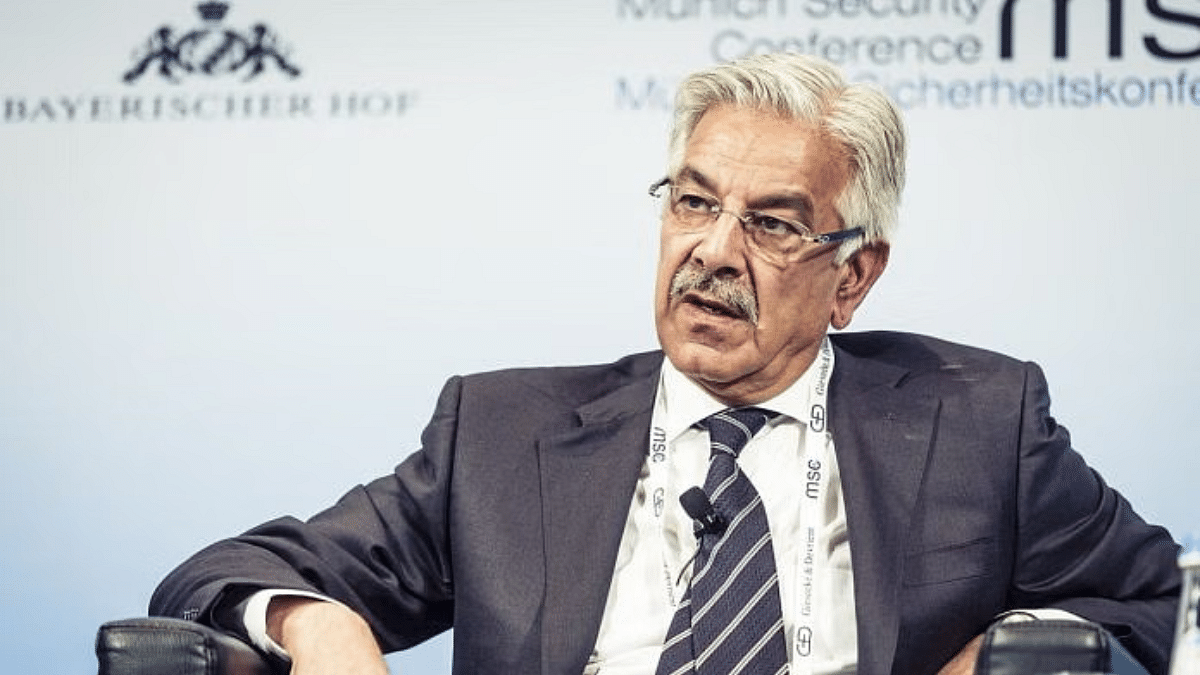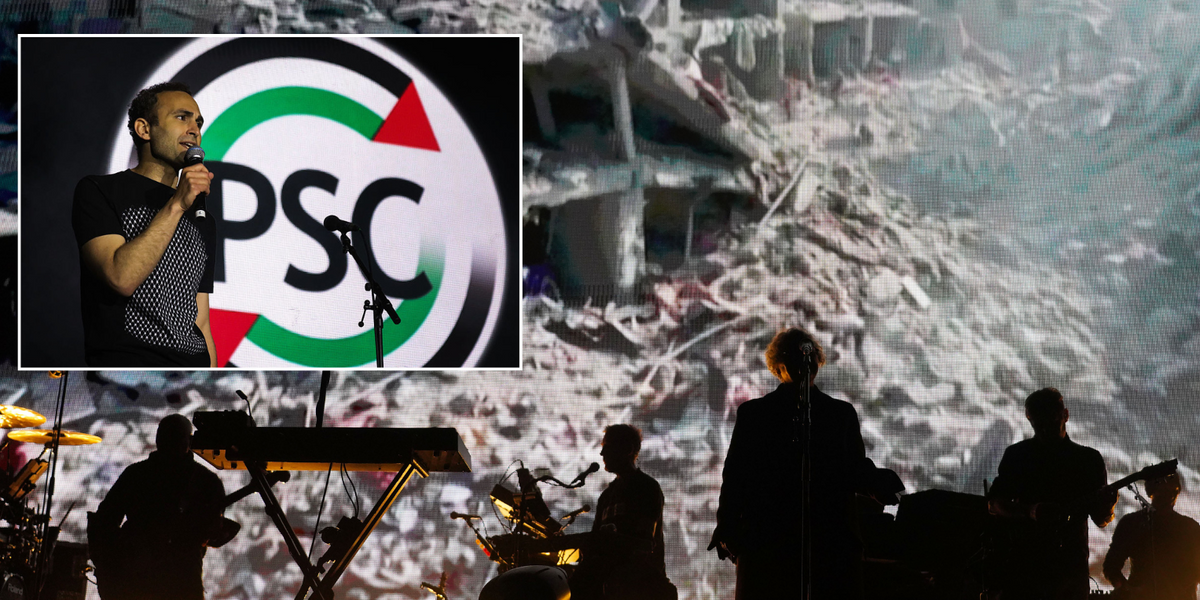
New Delhi:Pakistan’s Defence Minister Khawaja Asif has blamed decades of Western military alliances for the country’s entanglement in terrorism, saying Pakistan was left to suffer the consequences of “doing the dirty work” for the United States and its allies.
Asif also accused India of “staging” the latest Kashmir attack and warned that any aggression from New Delhi would be met with a “measured” but firm response.
“We have been doing this dirty work for the US for about three decades—and we paid the price,” Asif said in an interview with Yalda Hakim of Sky News Thursday, hinting at Pakistan’s support for militant groups during the U.S.-backed war against the Soviets in Afghanistan and again after 9/11. “All these terrorists of today were once being hosted in Washington. They were treated like VIPs.”
Show Full Article
“If we had not joined the war against the Soviet Union and later on, the war after 9/11, this Pakistan’s track record, you know, was an unimpeachable track record.”
“You know, it is very convenient for, you know, the big powers to blame Pakistan for whatever is happening in this region. When we were fighting the war on their side way back in the 80s against Soviet Union, all these terrorists of today, they were wining and dining in Washington. And then came the 9/11 attacks (sic).”
His message to Indian leadership was equally direct. “We are neighbours. We have serious issues, especially over Kashmir. But war is not the answer. The only way forward is dialogue.”
Asif’s comments come amid a renewed crisis between the nuclear-armed neighbours after a deadly terrorist attack in Kashmir, which India has blamed on Pakistan-based militants. New Delhi has signalled the possibility of retaliation while already carrying out a string of diplomatic offensives.
The Pakistan defence minister denied Pakistan’s involvement, suggesting instead that the incident was orchestrated by India to stoke regional tensions. “This pattern is familiar. Pulwama was a false flag too—and even Indian media later acknowledged that,” he said. “Now again, they’re blaming Pakistan without evidence. The group they name doesn’t even exist here.”
India has linked the attack to the Resistance Front, a proxy offshoot of Lashkar-e-Taiba. But, Asif rejected the allegation outright. “Lashkar-e-Taiba is extinct. If the parent doesn’t exist, how can the offshoot take birth here?”
Responding to a question on why Pakistan continues to face global suspicion over its ties to extremist groups, Asif acknowledged past state policies but insisted these were decisions taken under external pressure. “We made mistakes. But we were not alone. The U.S. and the West used these proxies, too.”
India, for its part, cites those same historic connections as justification for its current accusations. In 2018, the Trump administration suspended military aid to Pakistan, accusing it of playing a “double game” by backing militants while posing as a counterterrorism ally.
Asif dismissed those claims as selective memory. “It’s very convenient to blame Pakistan now. But the world should remember—when we were fighting the Soviets for them, those very groups were being praised in Western capitals.”
‘This is a flashpoint’
Asif urged international powers, especially America, to step in and prevent further escalation. “This is a flashpoint. The U.S. claims to lead the global order—it must act like it. If sanity doesn’t prevail, we may face a confrontation with global repercussions,” he added.
The Pakistan defence minister also warned that a military escalation between the two countries could spiral dangerously. “We are prepared for any eventuality. If India attacks, we will respond in kind,” he said. “A clash between two nuclear powers is always worrisome. This could go very wrong—for the region and for the world.”
He criticised New Delhi’s approach under the Bharatiya Janata Party (BJP) government, calling it increasingly aggressive and unilateral.
“India has abandoned diplomacy. There’s no negotiation mechanism left. They’ve walked away from the Indus Waters Treaty, a World Bank-brokered agreement that’s held since 1960. That’s a serious blow to bilateral relations,” Asif said.
“And if the world powers can intervene and some sort of sanity can be brought to this situation, it will be good. Otherwise, if there is an initiative by India, we’ll respond in kind,” he said. “We will not have any option, absolutely no option.”
(Edited by Tony Rai)
Also Read: Pahalgam is helping Pakistan army become nation’s saviour again, regain lost image



